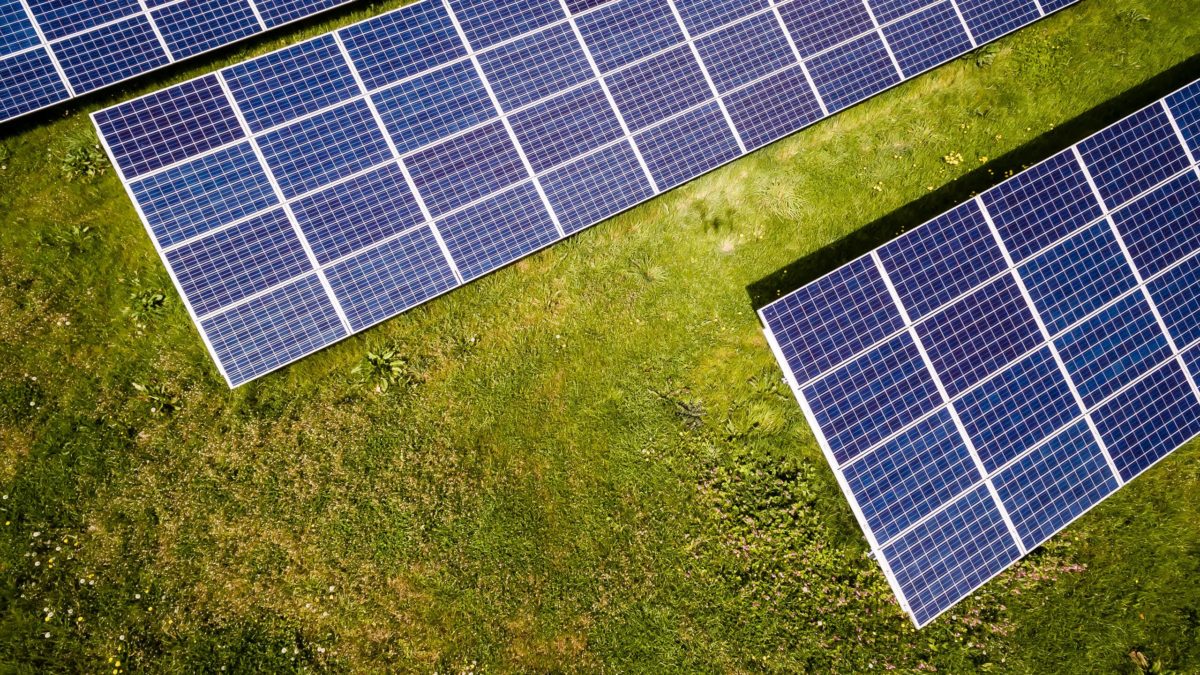There is no route to a net-zero economy in Europe by mid-century without the tech needed to capture carbon from the air. That is a headline finding by researchers at Danish and German universities, who said the continent annually needs 400 GW of solar and wind power generation capacity from 2025 to 2035.
Academics from Denmark's Aarhus University modeled the European energy system's route to net-zero – and to limiting global temperature rises this century to 1.5 C – with the help of colleagues from Technische Universität Berlin. The findings were published last week in Joule, and highlighted on the EurekAlert science website.
The electricity grid will need strengthening to host the flood of intermittently generating renewables needed, according to the research. Power-to-X technology, including green hydrogen production, will also be needed to power hard-to-abate industries, aviation, shipping and freight transport. Clean hydrogen will be required to help even out power supply from solar and wind farms.
To date, Europe's record for new annual solar and wind generation capacity is 50 GW, according to the paper's authors. The researchers said raising the maximum temperature rise this century to 2 C would require less annual renewables capacity, but would be more costly once the effects of worsened climate change were factored in.
The modeling was performed with the Prime computing cluster at Aarhus University.
This content is protected by copyright and may not be reused. If you want to cooperate with us and would like to reuse some of our content, please contact: editors@pv-magazine.com.




1 comment
By submitting this form you agree to pv magazine using your data for the purposes of publishing your comment.
Your personal data will only be disclosed or otherwise transmitted to third parties for the purposes of spam filtering or if this is necessary for technical maintenance of the website. Any other transfer to third parties will not take place unless this is justified on the basis of applicable data protection regulations or if pv magazine is legally obliged to do so.
You may revoke this consent at any time with effect for the future, in which case your personal data will be deleted immediately. Otherwise, your data will be deleted if pv magazine has processed your request or the purpose of data storage is fulfilled.
Further information on data privacy can be found in our Data Protection Policy.